

The Best Albert Camus Books Everyone Should Read
By Dr Oliver Tearle (Loughborough University)
Albert Camus (1913-60) was one of the most important and influential writers of the twentieth century. Born in Algeria, which at the time was still part of the French empire, Camus studied philosophy at the University of Algiers, and his fiction and essays are both ‘philosophical’ in their outlook and their approach to understanding the modern world.
Camus was awarded the Nobel Prize for Literature in 1957, three years before his death. Although he was a lifelong sufferer with tuberculosis, Camus’ untimely death was caused by a road accident. He left behind a substantial body of work, and although he was not a prolific novelists, his books have cast a long shadow over modern literature.
Below, we select and introduce Albert Camus’ best books, and say a little bit about why each is worth reading.
The Plague .
This 1947 novel has its origins in a genuine outbreak of plague in Oran, Algeria in the 1940s. But in Camus’ novel, the plague represents another malaise that is afflicting the modern world: despair, or a complete acceptance of the absurd features of life.
On another level, the plague is a symbol for the German occupation of France in the 1940s, but to reduce the plague’s allegorical power to one clear ‘signified’ would be a mistake. For the plague is arguably a symbol for social contagion more broadly.
Have you ever felt that people around you are becoming more untethered from reality, and absurd ideas are becoming more and more accepted as though they are reasonable rather than ridiculous? The Plague is Camus’ attempt to grapple with this very idea, which – we might say – has only become more unignorable in the era of social media and continuous rolling news.
The ‘fall’ referred to in the English title of Camus’ 1956 novel ( La chute in the original French) is that of Jean-Baptiste Clamance, the anti-hero at the heart of this ambitious book, who lives in Amsterdam and often frequents the notorious red-light districts of the city.
Clamance fails to save a girl from drowning and subsequently falls from grace: his life as a successful lawyer gives way to one of soul-searching and alienation. He is another one of Camus’ ‘strangers’ or ‘outsiders’, feeling imprisoned within his life but also, we suspect, enjoying some aspects of his fall.
Sartre, who disagreed with Camus on a number of things (notably Communism) but agreed on much else, described The Fall as ‘perhaps the most beautiful and the least understood’ of Camus’ books. It’s certainly one of his most religious, with its talk of penitence and grace, and Camus was even said to have converted to Christianity as a result of the book (however, such claims were unfounded, and Camus himself repudiated them).
The Rebel .
This book from 1951 pushes back against Communism, an ideology Camus had flirted with in his younger years, albeit only briefly. In particular, Camus directs his ire at the concentration camps in Stalinist Russia, and proposes an alternative political system which would be more humane than out-and-out communism.
Exile and the Kingdom .
If you’d prefer to approach Camus’ work through shorter pieces rather than full-length novels, Exile and the Kingdom (1957) is the perfect place to start. In these six short stories, Camus demonstrates an impressive range of technical experimentation.
Art and the creative life are recurrent themes in these six stories, which include ‘The Silent Men’ (about the workers for a cooper’s yard who have lost their empathy for their boss’s seriously ill daughter) and ‘The Artist at Work’ (about Jonas, a painter who shuts himself away from everyone to produce his artwork – but with a twist at the end of the story).
The First Man .
Of all of Camus’ books, The First Man is the most autobiographical. It was also unfinished at the time of his death in 1960. It follows the intellectual development of a young man growing up in Algiers, and so might be described as a bildungsroman ; but it is also, given the French power in Algeria, a novel which engages with colonialism.
The Myth of Sisyphus .
The 1942 essay ‘ The Myth of Sisyphus ’ forms the basis of this non-fiction collection: perhaps the most important one Camus ever wrote. It’s an important text about the absurdity of modern life, and although it’s often described as being ‘Existentialist’, Camus’ essay is actually closer to Absurdism.
For Camus, Sisyphus, the figure from Greek myth who was condemned to spend eternity trying to roll a boulder to the top of a hill, is the poster-boy for Absurdism, because he is condemned to carry out a repetitive and pointless task. Such is the life of modern man: condemned to perform the same futile daily rituals every day, working without fulfilment, with no point or purpose to much of what he does.
However, for Camus there is something positive in Sisyphus’ approach to his rather gloomy fate. When Sisyphus sees the stone rolling back down the hill and has to march back down after it, knowing he will have to begin the same process all over again, Camus suggests that Sisyphus would come to realise the absurd truth of his plight, and treat it with appropriate scorn.
The Stranger .
Camus’ first novel, whose title was rendered into English as The Outsider (in the UK) and The Stranger (in the US), was first published in French in 1942. It’s the story of Patrice Meursault, a young French man living in Algeria.
Meursault, in the wake of his mother’s death, ceases to care about seemingly everything, and one day shoots an Arab man dead on a beach, blaming this act on the unbearable heat. This short novel is told in a simple style and the plot (what plot there is) is easy to follow, so it’s the perfect starting-point for the reader who is new to Camus’ work.
Camus later described Meursault as ‘the only Christ we deserve’, and this book holds up a mirror to modern life, filled with ennui, alienation, and a loss of purpose.
Discover more from Interesting Literature
Subscribe to get the latest posts sent to your email.
Type your email…
1 thought on “The Best Albert Camus Books Everyone Should Read”
- Pingback: Albert Camus: Exploring His Best Literary Works – Someone Existing
Comments are closed.
Subscribe now to keep reading and get access to the full archive.
Continue reading
Philosophy Break Your home for learning about philosophy
Introductory philosophy courses distilling the subject's greatest wisdom.
Reading Lists
Curated reading lists on philosophy's best and most important works.
Latest Breaks
Bite-size philosophy articles designed to stimulate your brain.
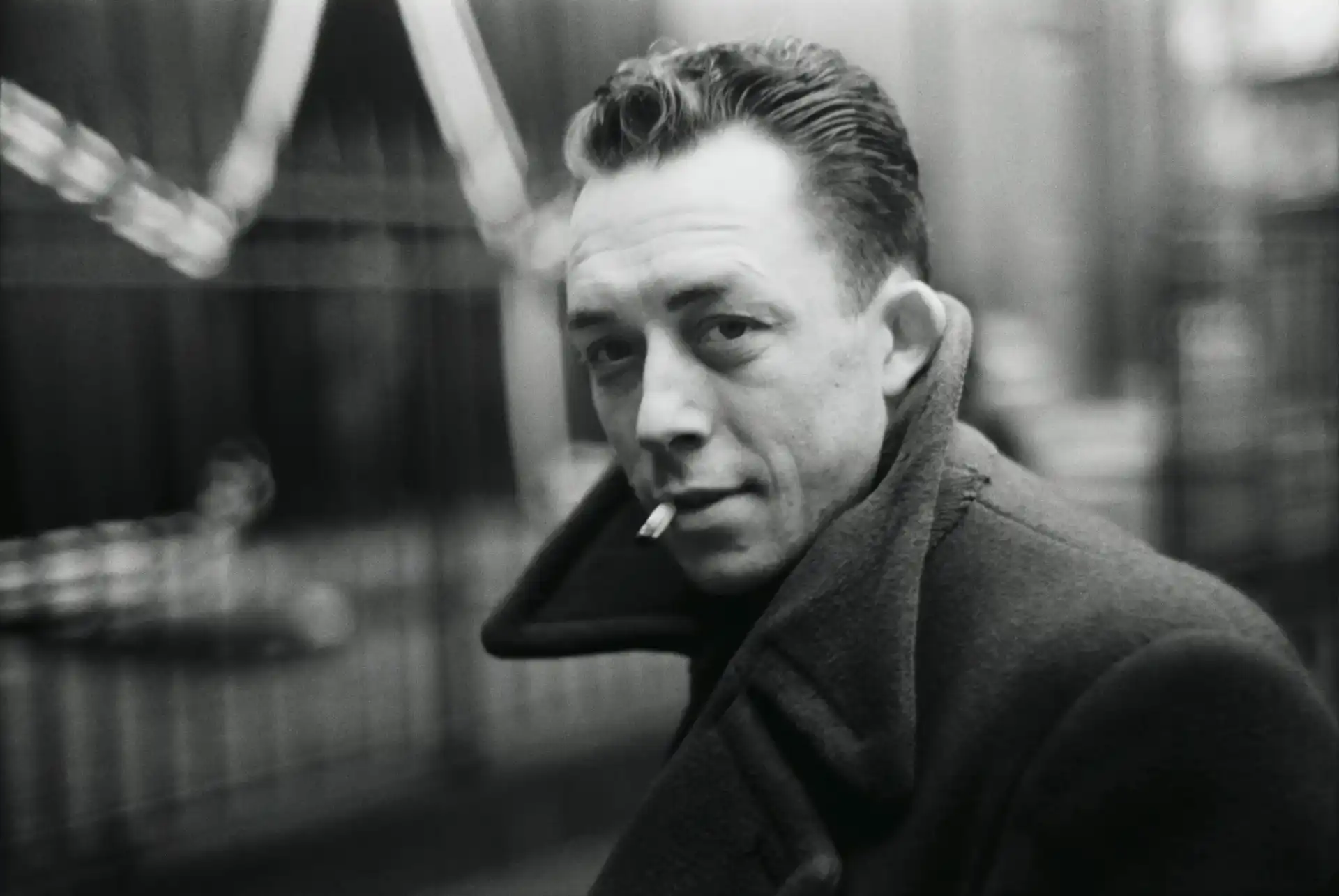
Albert Camus The Best 5 Books to Read
A lbert Camus was a French thinker who, while associated with the 20th-century existentialist movement in philosophy, never accepted ‘existentialist’ as an appropriate description of nor label for his works.
Camus has instead come to be thought of as an ‘absurdist’, focusing as he does on exposing the absurd nature of the human condition (for more on absurdism, see our short explainer piece on how Camus defines absurdity , as well as Thomas Nagel’s critique of Camus’ position ).
Regardless of the label we use to describe him, there is no question that Camus and his ideas — exploring themes of nihilism, alienation, and the search for meaning — have been deeply influential in the decades since the French writer’s untimely death in 1960.
This reading list consists of the best books by Albert Camus. After reading the books listed, you’ll understand exactly why this great thinker was awarded the 1957 Nobel Prize in Literature at the age of just 44 (the second-youngest recpient ever).
Let’s dive in!
1. The Myth of Sisyphus, by Albert Camus
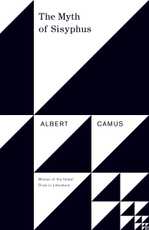
The Myth of Sisyphus
BY ALBERT CAMUS
Camus’ famous 1942 essay The Myth of Sisyphus is his rallying cry for coping with life in an absurd universe devoid of meaning.
Camus compares our existential situation to that of Sisyphus, the unlucky protagonist in the ancient Greek myth who is condemned for all eternity to push a boulder up a mountain, only for it to roll back down when it reaches the top.
However, despite the absurdity and apparent pointlessness of this situation, Camus argues that by facing up to it squarely and ridding ourselves of comforting myths or delusions, we can find ways to be happy and live lives full of beauty and meaning (more on this in our short explainer piece on Camus and absurdity ).
The Myth of Sisyphus has been a hugely influential essay, and is a great place to start if you’re interested in learning more about Camus’ philosophical ideas.
2. The Stranger, by Albert Camus
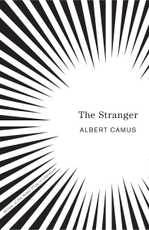
The Stranger
Perhaps Camus’ most famous work of fiction, The Stranger (1942) explores the absurdist themes developed in The Myth of Sisyphus through the story of Meursault, a French settler living in Algeria.
Seemingly detached from the society in which he participates, Meursault becomes involved in a series of senseless events through which Camus explores (in his own words) “the nakedness of man faced with the absurd.”
Considered a classic of 20th-century literature, The Stranger is a must-read for anyone interested in Camus or absurdism generally.

In one concise email each Sunday, I break down a famous idea from philosophy. You get the distillation straight to your inbox:
💭 One short philosophical email each Sunday. Unsubscribe any time.
3. The Plague, by Albert Camus
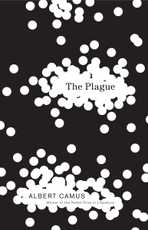
“What we learn in times of pestilence: that there are more things to admire in men than to despise.” In his novel The Plague , Camus tells the story of a plague sweeping the French Algerian city of Oran, and frames the various ways in which the townspeople respond.
Some resign themselves, some seek to blame others, and some resist. A big hit upon its publication in 1947, The Plague is in part Camus’ allegory for the Nazi occupration of France, and explores the full spectrum of emotions and coping mechanisms on show when people are faced with the precariousness of their existence.
Apt too for the times we lived through with Covid-19, The Plague is a brilliant read for those interested in learning more about Camus’ ideas.
4. The Rebel, by Albert Camus
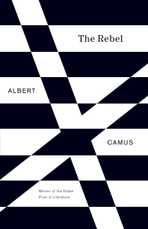
Back to non-fiction, and The Rebel — a book-length essay published in 1951 — is Camus’ most academic work. In it, Camus explores the historical, political, and literary influences that shape our world and values.
Examining our urge to revolt and laying out his philosophical ideas with force, he declares that “real generosity towards the future lies in giving all to the present, and the task that’s before us is to transcend nihilism and to imbue meaning back into the world. But the challenge is that few of us know that that’s what we’re supposed to be doing.”
A denser read than his other works, The Rebel belongs on the bookshelf of anyone interested in exploring Camus’ philosophical ideas more deeply.
5. The Fall, by Albert Camus
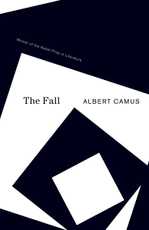
First published in 1956, The Fall is Camus’ last complete work of fiction before his untimely death in 1960.
Consisting of a series of dramatic monologues, the protagonist in The Fall reflects on his life to a stranger, touching on typical Camus themes like nihilism, the hollowness of existence, and absurdity.
Brilliantly written and emphasizing the responsibility we each have for shaping and lending meaning to our existences, The Fall is a must-read for anyone curious about Camus.
Further reading
Are there any other books you think should be on this list? Let us know via email or drop us a message on Twitter or Instagram .
In the meantime, why not explore more of our reading lists on the best philosophy books :

View All Reading Lists
Essential Philosophy Books by Subject
Get one mind-opening philosophical idea distilled to your inbox every Sunday (free):
About the author.

Jack Maden Founder Philosophy Break
Having received great value from studying philosophy for 15+ years (picking up a master’s degree along the way), I founded Philosophy Break in 2018 as an online social enterprise dedicated to making the subject’s wisdom accessible to all. Learn more about me and the project here.
If you enjoy learning about humanity’s greatest thinkers, you might like my free Sunday email. I break down one mind-opening idea from philosophy, and invite you to share your view.
Subscribe for free here , and join 16,000+ philosophers enjoying a nugget of profundity each week (free forever, no spam, unsubscribe any time).

Get one mind-opening philosophical idea distilled to your inbox every Sunday (free)

From the Buddha to Nietzsche: join 16,000+ subscribers enjoying a nugget of profundity from the great philosophers every Sunday:
★★★★★ (50+ reviews for Philosophy Break). Unsubscribe any time.
Each philosophy break takes only a few minutes to read, and is crafted to expand your mind and spark your curiosity.
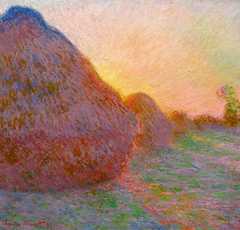
The Stoics on What to Do When the World Feels Broken
7 -MIN BREAK
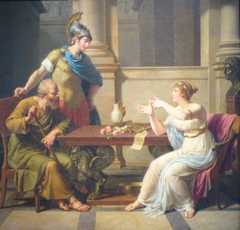
John Stuart Mill and Daniel Dennett on How to Critique ‘the Other Side’
5 -MIN BREAK
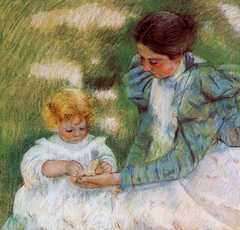
Laurie Ann Paul on How to Approach Transformative Decisions
9 -MIN BREAK

Hunter S. Thompson: Don’t Look for Goals, Look for a Way of Life
View All Breaks
PHILOSOPHY 101
- What is Philosophy?
- Why is Philosophy Important?
- Philosophy’s Best Books
- About Philosophy Break
- Support the Project
- Instagram / Threads / Facebook
- TikTok / Twitter
Philosophy Break is an online social enterprise dedicated to making the wisdom of philosophy instantly accessible (and useful!) for people striving to live happy, meaningful, and fulfilling lives. Learn more about us here . To offset a fraction of what it costs to maintain Philosophy Break, we participate in the Amazon Associates Program. This means if you purchase something on Amazon from a link on here, we may earn a small percentage of the sale, at no extra cost to you. This helps support Philosophy Break, and is very much appreciated.
Access our generic Amazon Affiliate link here
Privacy Policy | Cookie Policy
© Philosophy Break Ltd, 2024

